
Week's balance: Cabinet upgrades economic outlook, PM declares war on smuggling, while NBU again lowers key rate
The Cabinet of Ministers improved the forecast for economic growth in 2020, Prime Minister Oleksiy Honcharuk declared war on smuggling, while the National Bank lowered the key rate for the third time in a row this year and issued a new UAH 1,000 banknote – these are the main economic developments of this week.
The outgoing week saw the Cabinet of Ministers improving its economic growth forecast for 2020 by approving the updated three-year macroeconomic forecast of the Ministry of Economic Development. Prime Minister Oleksiy Honcharuk told reporters following a meeting of his Cabinet that the national economy next year, according to a conservative forecast, could grow by 3.7%, and according to an optimistic scenario, growth would reach 4.8%.
The draft state budget for next year, approved by the Verkhovna Rada at the first reading, was based on the forecast for the growth of the gross domestic product of 3.3% and the exchange rate of UAH 28.2 to the dollar published in May. Honcharuk promised to adjust the draft state budget 2020 before the second reading in parliament, taking into account the updated macro-forecast.
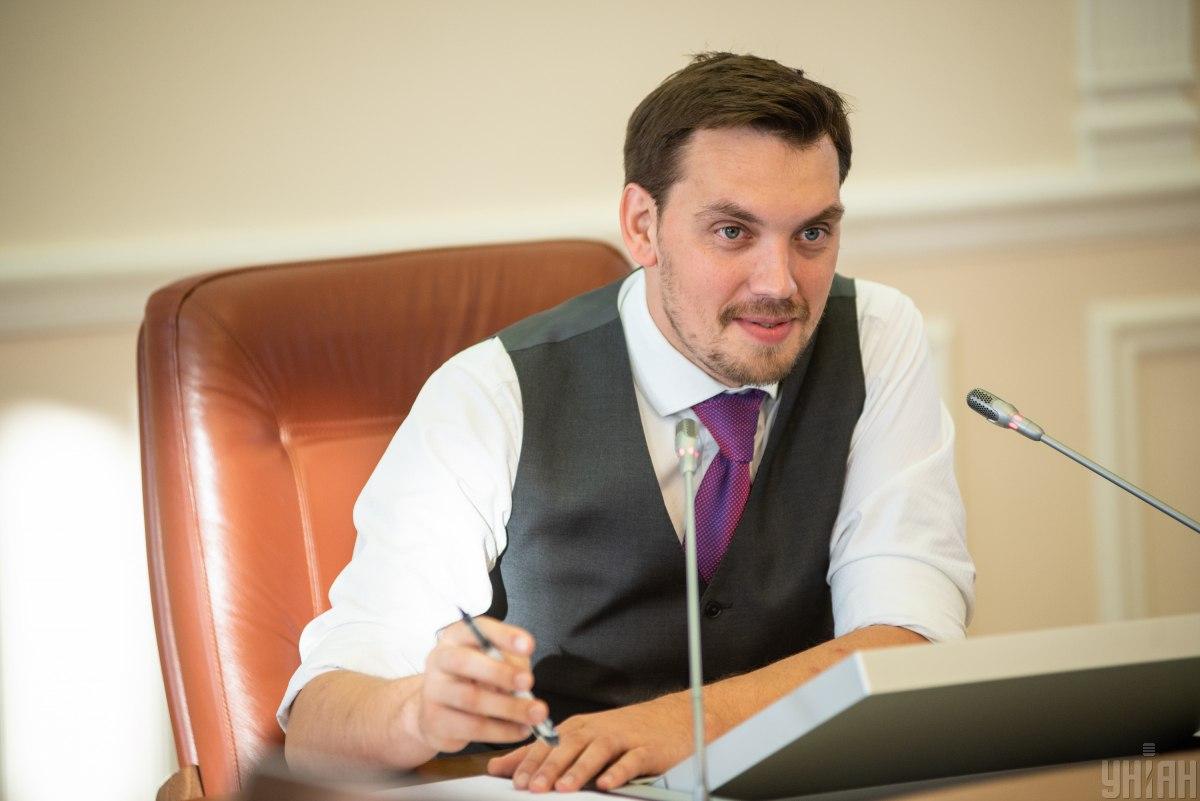
"Next year's average exchange rate - the hryvnia to the dollar - is laid down in the conservative forecast at UAH 27, compared to UAH 28.2, as was envisaged in the spring," the prime minister said, adding that a rate of UAH 24.8 to the dollar is set in the optimistic forecast.
Last week, the National Bank raised the forecast for the growth of real GDP of Ukraine in 2019 to 3.5% from 3% previously forecast. However, the inflation forecast remained unchanged at 6.3% in 2019, 5% in 2020 and 5% in 2021.
It should be recalled that in October, the World Bank raised its forecast for economic growth in Ukraine in 2020 to 3.7%, while the International Monetary Fund expects growth of 3%.
War on smuggling
Head of government Honcharuk this week decided to personally see the work of the reformed customs service. He, along with the chairman of the State Customs Service Maksym Nefyodov, visited the Chernivtsi region on the border with Romania, at the Porubne checkpoint.
"We constantly receive complaints from businesses about problems at the customs borders. I came to inspect them personally. They prepared well, not a single car under inspection, even a small line at the entrance. And the drivers have been instructed: they say that they've been waiting for about two hours, no more. Although off record, they say that it's five days," Honcharuk said.
What he saw in Bukovina, obviously, stunned the prime minister, so he urged law enforcement agencies to stop "covering up" smuggling or vacate their posts.
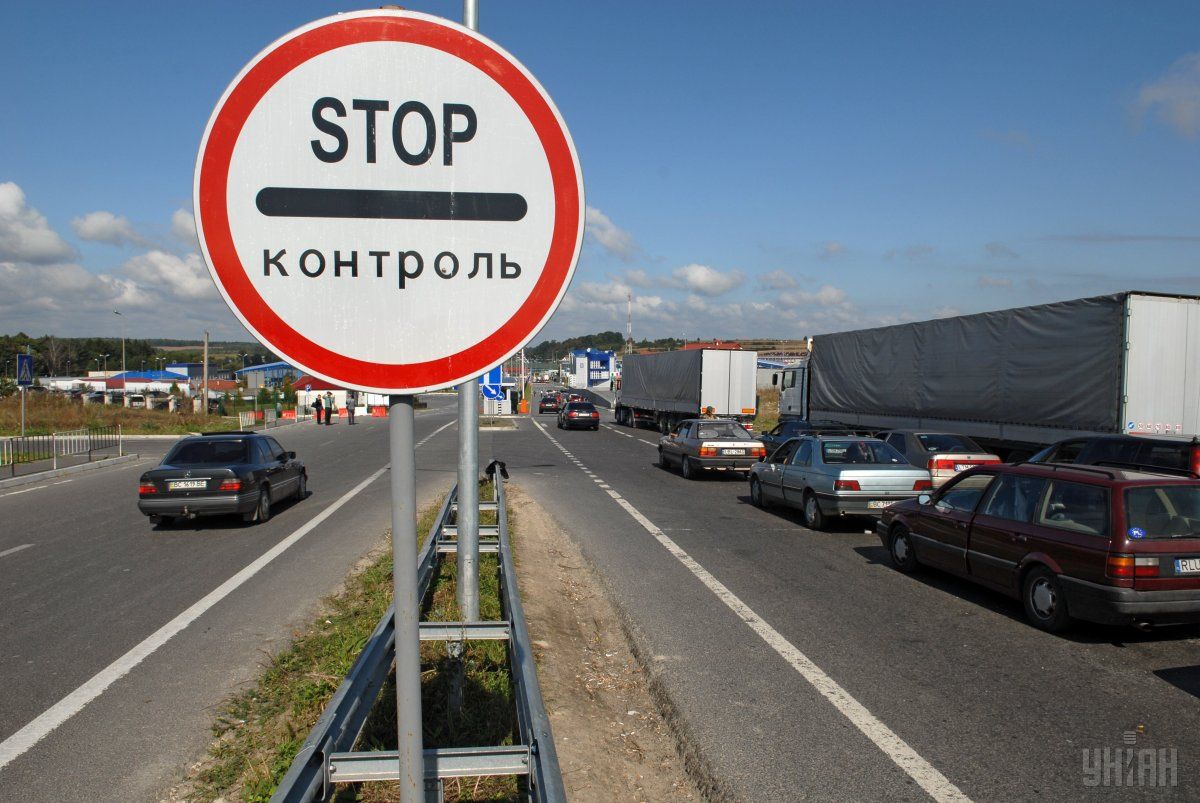
He gave officials a month to fix the situation with smuggling at customs. Honcharuk also noted that last year, "millions of hryvnias" were allocated for the reconstruction of access roads to this checkpoint, but the routes were never restored. He instructed prosecutors to investigate and punish those responsible for embezzlement of budget funds.
In addition, according to the prime minister, Bukovyna customs should start working in a month, while its premises still do not belong to the state, remaining in private ownership. In this regard, the indignant Honcharuk instructed local officials to find in a week a location where customs could be placed. Honcharuk instructed the head of the State Customs Service, Nefyodov, to prepare a strategy for the development of customs infrastructure within two weeks and put into operation stationary cargo scanners previously purchased for customs.
Key rate reduction
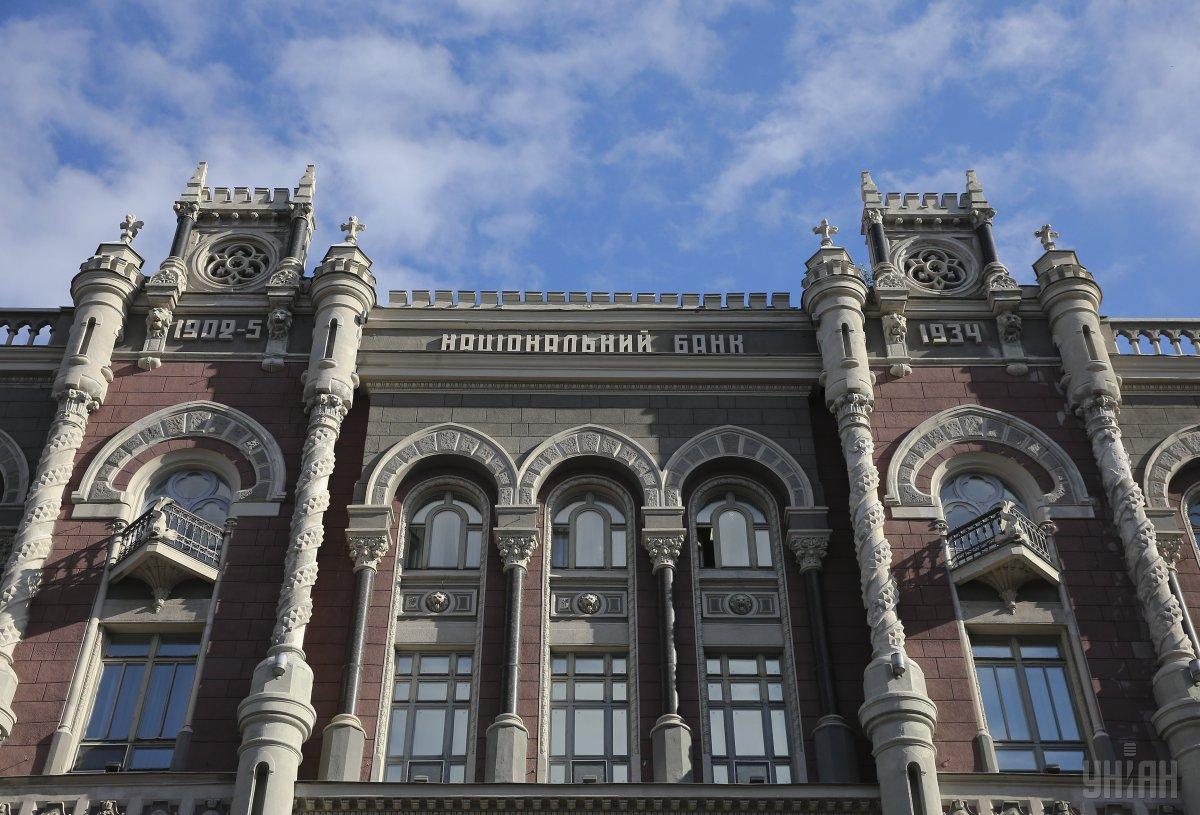
Last week the National Bank continued easing its monetary policy and from October 25 reduced the discount rate by 1 percentage point – to 15.5% per annum after it decreased in September to 16.5%.
The third rate cut this year was a reflection of the decline in consumer inflation. In September, inflation in annual terms slowed down to 7.5% and fell below the forecast, thanks to the tough monetary policy of the central bank.
The regulator expects inflation to continue to slow down to the target of 5% in 2020-2021, including 6.3% at the end of this year, subject to a balanced fiscal policy, relatively low energy prices on world markets, and growth of food supply proposals due to increased agricultural productivity.
The central bank also expects to receive the first tranche from the key creditor, the International Monetary Fund, under the new cooperation program under discussion by the end of this year. As the head of the NBU, Yakiv Smolii, noted, the volume of the new program has not yet been discussed, therefore, it is premature to talk about the amount of the first tranche.
In addition, on October 25, the National Bank introduced the new banknote for the first time in 13 years. This time, it's a UAH 1,000 bill. According to the central bank, the new banknote is blue, the front side shows a portrait of one of the founders and the first president of the Ukrainian Academy of Sciences, Volodymyr Vernadsky, while on the back there is an image of the building of the Presidium of the National Academy of Sciences of Ukraine.
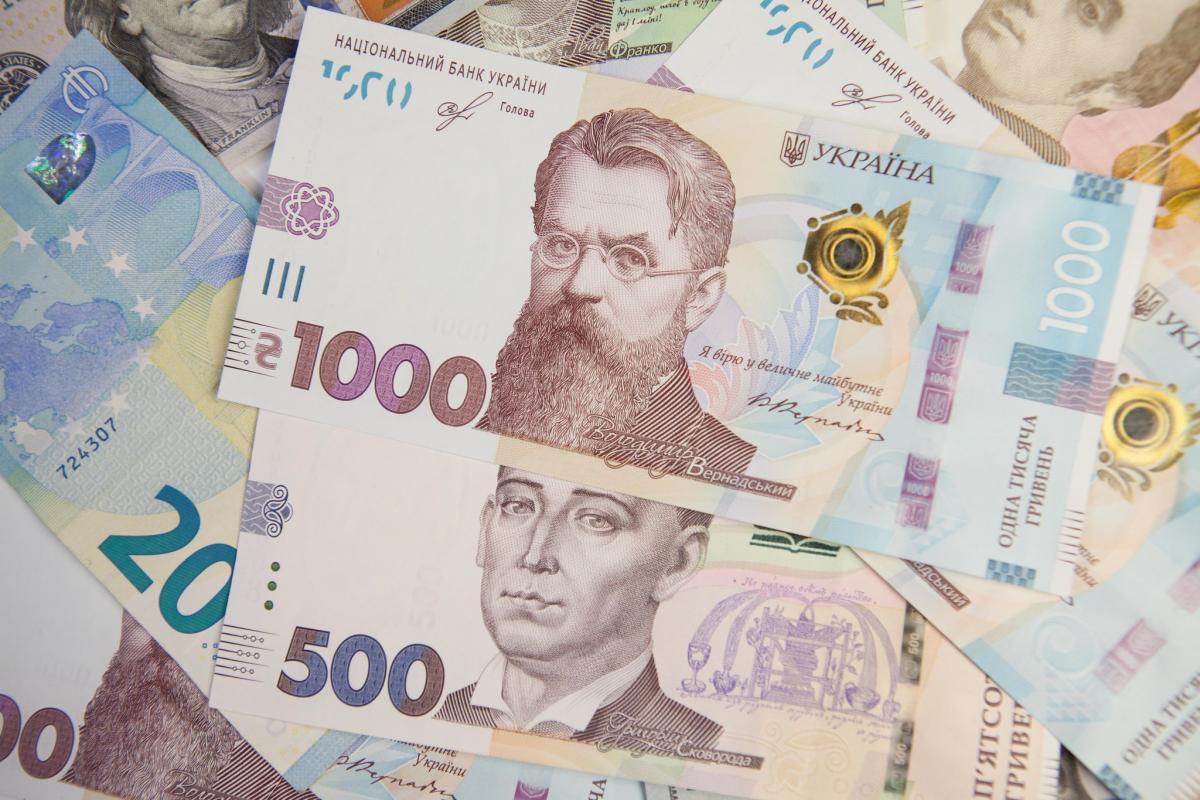
Initially, the regulator plans to put into circulation about 5 million new banknotes. The head of the NBU explained the introduction of a new banknote with a high proportion of large banknotes in circulation.
Industrial output showing recovery
The State Statistics Service this week reported that the decline in industrial output in the country in September 2019 in annual terms - by September 2018 - slowed to 1.1%. Compared with August, industrial output increased by 1.7% in the first month of this fall.
The largest growth in annual terms was recorded in the production of furniture and related products, the production of machinery and equipment, as well as in pharmaceuticals. The largest drop was recorded in the production of electrical equipment, computers, electronic and optical products, as well as in textile production.
In the penultimate week of October, the State Statistics Service also reported on other important indicators that reflect the state of the national economy. In particular, the retail trade turnover in Ukraine in January-September 2019 increased by 9.8% on year. Agricultural production for the nine months increased by 5.9%. According to the State Statistics Service, crop production increased during the said period by 7.5% on year. At the same time, livestock production over the specified period was up by 1.7%.
Doing Business Growth
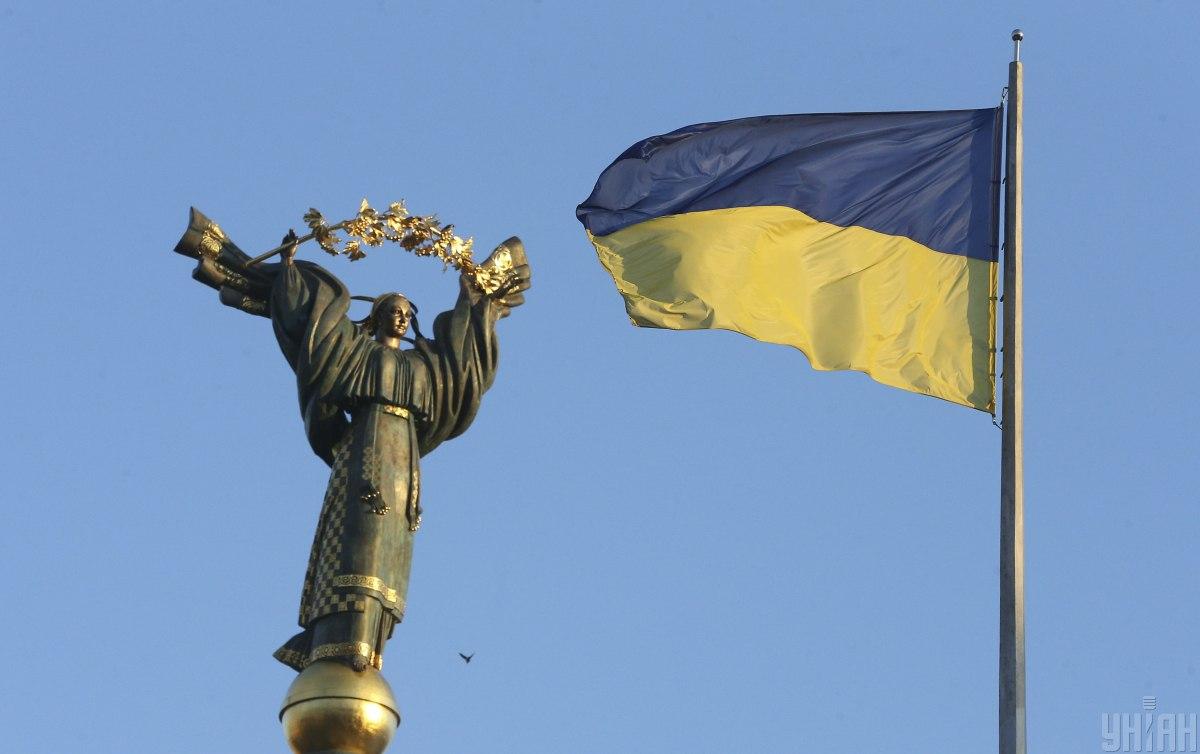
The important news of the outgoing week was the announcement by the World Bank of an increase in the position of Ukraine by seven points in the annual Doing Business ranking. As a result, Ukraine took 64th spot among 190 countries, while in 2012 it stood 152th. And although this indicator was the merit of the previous government, as the stats were fixed in May 2019, the head of the sitting government promised to continue the pro-active movement to create favorable conditions for business development.
"We continue to work in this direction: three days ago the Bankruptcy Code was enacted, a few weeks ago – law on stimulating investment activity; so we are activating deregulation processes," the PM said.
Honcharuk noted that over the past year, Ukraine had shown the greatest progress in such components as the protection of minority shareholders (+27 points due to the disclosure of information about ultimate beneficiaries), as well as in the field of obtaining construction permits (+10 points by eliminating the requirements for hiring an independent designer and engineer for technical supervision and introduction of filing messages online). In addition, the cost of building permits within Kyiv was reduced.
"I'm sure that at this pace, our state, through successful reforms, will become a magnet for investment in the near future," the prime minister said.
The last week of October, due to the continued decrease in air temperature to noticeable frosts, should lead to the start of the heating season in most regions of Ukraine. Fresh bills for heating will bring headache to many Ukrainians. And on Monday in Brussels there should be another round of negotiations between representatives of Naftogaz and the Russian gas monopoly Gazprom, with the participation of the European Commission, on the transit of Russian gas to the EU via Ukraine.
Anna Nahorna

